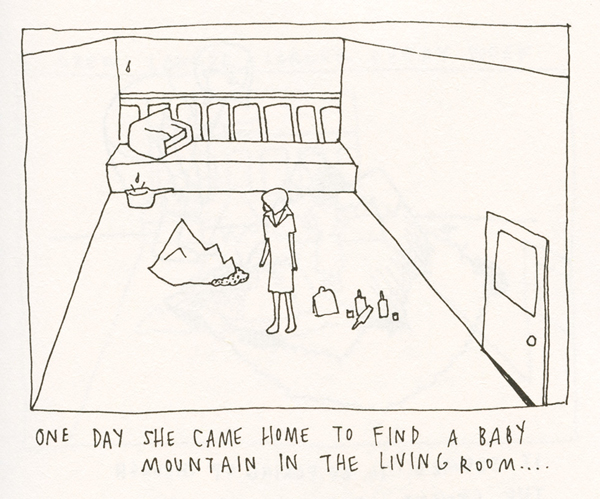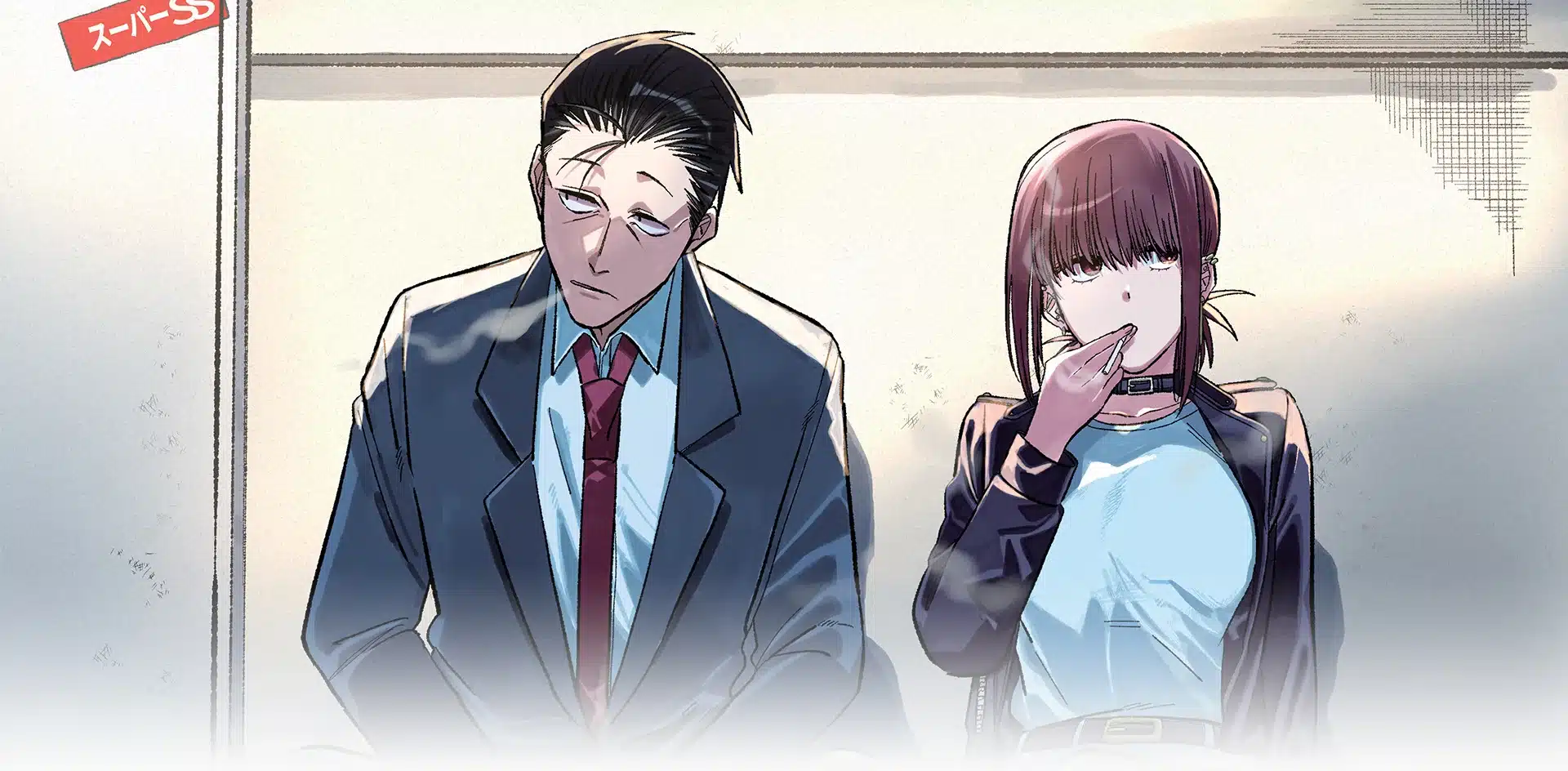Superhero comics promise a certain amount of action and personal drama based on the idea that anyone who would become a superhero would put themselves out there. Not so Coco Picard’s Fortuna, the focus of The Chronicles Of Fortune. The alter ego of Edith-May — though there is often little distinction between them beyond a costume — Fortuna should stand in direct contrast the blah existence of her secret identity, but, in fact, Fortuna is just as beholden to the same emotional factors that keep Edith-May from being very interesting in life. Both suffer from a “crippling case of ennui.” Much like Bruce Wayne and Batman share the same personal foibles, Edith-May and Fortuna suffer from the same inability to really accomplish much.
This predicament unfolds in a series of episodic chapters that offer low-key incidents proving that while Fortuna might not be a dynamo who engages in city-destroying battles with super-villains, she can be a bit of a problem solver in her tiny way, such as when a singing fish she buys and brings home doesn’t actually do any singing, so she figures out a non-combative solution to make herself happy with the unfortunate purchase.
In one emotionally strong chapter, Edith-May travels across the country to attend her grandfather’s funeral, is turned away after the funeral’s cancellation due to another family member’s inability to cope with grief, and ends up on a day trip to Alcatraz, where she hides away to experience the place on its own terms and makes the acquaintance of a ghost. The encounter sparks a conversation comparing and contrasting their experiences, making the living Edith-May somehow more pathetic than an actual dead girl doomed to haunt an old penitentiary.
Such is Fortuna’s lot in life that she is the superhero who things happen to, rather than the superhero who makes things happen. Bohemian neighbors show up to party and crash in her apartment and she just deals with it. Little mountains grow inside her apartment and decide to become her roommate. Fortuna, of course, accommodates. A moth infestation elicits further inaction until it prompts a revelatory moment that involves realizing things are going to get ruined no matter what you do. The infestation explodes into a much more encompassing story of infiltration into Fortuna’s life without much pushback. Edith-May’s job fielding complaints at a Christmas tree light company gives her plenty of opportunities to ineffectually counsel frustrated and angry people calling for help.
There is one time she is very motivated and proactive — she quits her job and needs to forge her dead mother’s signature on a bunch of old traveler’s checks that she plans to live off of. An elaborate scheme involving an intricate disguise becomes her focus, causing her to squeal, “Look at me! I’m doing something!” It’s a big effort to allow her to do nothing.
Fortuna’s story unfolds with a very spare cartooning style that finds a counterpoint with the ideas behind the humor. Picard is eclectic and whimsical in the ways she brings in laughs. For instance, when Fortuna realizes she has to wear a costume evoking the 1940s and 1950s to a bachelorette party, one suggestion is that she go as an “Okie,” which is random, but gives reason for a explanation of why this makes perfect sense, a brief examination of the recovery from great draught in the 1940s. Picard takes the joke further by having Fortuna actually go to the party as an Okie, which causes her to continuously and awkwardly announce what her costume is, only to be drowned out be burlesque dancing lessons that make her feel further alienated from the rest of the party goers.
That’s typical of Picard’s sense of humor, which weaves together eclectic knowledge and alienation within low-key, everyday situations. This sets up the book’s ending, which sees Fortuna finally have the opportunity to take some action, but, keeping in character and in the spirit of Picard’s rumination, finds a less expected path that stays true to herself. As such, The Chronicles Of Fortune stands as a confirmation of the misfit’s path in life. Not only is it okay to be different, it’s okay to look like a failure in the eyes of others. Who cares? Just you, you’re the only one who needs to care. And are you happy? That seems to be what Picard is asking.








